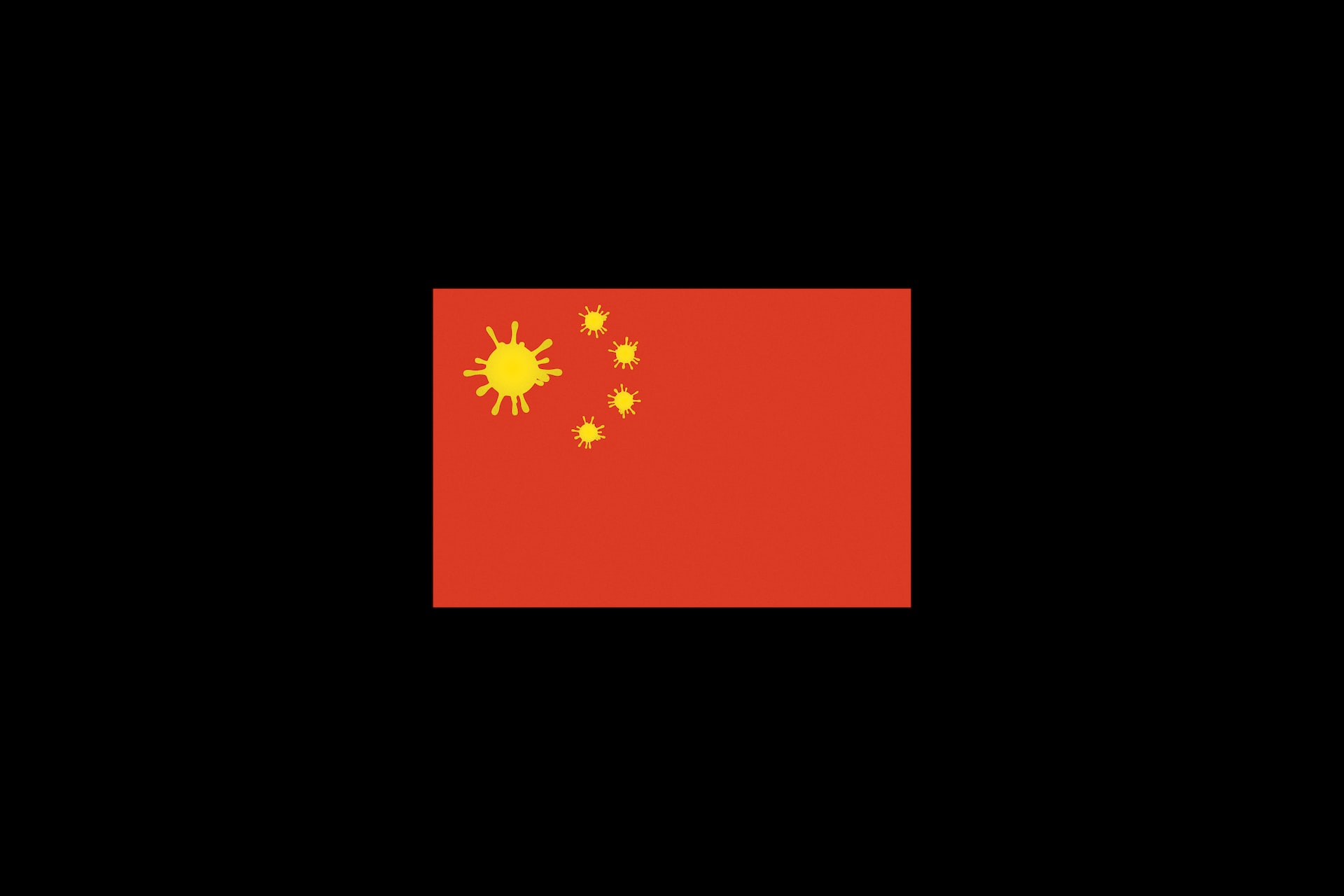China’s economy has not yet recovered from the zero-Covid policy. Reports

After a dynamic start to the year, writes Le Monde , activities in China have started to slow down , affected by both the international economic situation and the lack of consumer confidence
Yaqing, who declined to give her name, dressed in jeans and a black T-shirt, filled a basket with chips, biscuits and cosmetics. At the checkout, the 28-year-old showed her virtual loyalty card before paying: she is a frequent visitor to Hotmaxx, a chain of stores that offers products close to their expiration date at bargain prices.
A professional dancer, she hardly worked in 2022, when most shows were canceled due to the zero Covid policy and its repeated confinements. “Things are better now, events are picking up again, but I continue to be careful,” she says. As employees leave their jobs, the basement store of a shopping mall in western Shanghai remains busy.
Discount chains like Hotmaxx, founded in 2014, have been very successful since the end of the zero Covid policy in December 2022. Although the Chinese have started dating again since then, they are still cautious when it comes to spending their money. After a boom in consumption at the beginning of the year, economic indicators have been slowing down since April. “There was an explosion of activity immediately after we reopened: people took the opportunity to go out to eat and to the cinema, but since then the enthusiasm has died down a bit,” says Louise Loo, economist for the Oxford Economics China.
Retail sales, the main measure of consumption, disappointed in April, with a monthly increase of 0.49%, compared to 0.78% in March and 1.64% in February. Over a year, consumption increased by 18.4%, but the basis for comparison is particularly weak, due to the confinement of Shanghai in spring 2022. Industrial production increased by 5.6% in April, again disappointing a once the economists who had predicted a doubling. These data indicate a chaotic recovery: after a positive first quarter, which saw annual growth of 4.5%, the trend in business is fueling uncertainty about the future of the Chinese economy.
Save rather than spend
While some sectors, such as luxury goods and tourism, are not experiencing the crisis, others have been hit hard. Auto sales were slightly negative in the first four months of the year. Smartphone sales are down 5%.
As for wine sales, they're doing poorly: "We're working very hard, but it's not enough," says a representative of a company representing French châteaux in China, who wishes to remain anonymous. Inventories are high and sales are low, because wine is seen as a non-essential product that you do without when you want to cut back.
Against this backdrop, the savings rate is at an all-time high. In the first quarter, Chinese households set aside 9.9 trillion yuan (1.3 trillion euros), an increase of 21% over the previous year. According to China's central bank's quarterly survey of saver morale, 58 percent of respondents said they preferred saving over spending in the first quarter. This is 4% less than at the end of 2022, but still much higher than at the end of 2019, before the pandemic, when only 45.7% of savers preferred to save.
Coupons and targeted aids
The Chinese government is aware of the problem: the Ministry of Commerce has defined 2023 as "the year of the recovery of consumption". In mid-April, the National Reform and Development Commission said it was preparing a plan to boost consumption. Since then, provincial and municipal governments have increased the number of vouchers and targeted aid, for example for the purchase of electric cars. Many cities are also making it easier to buy real estate.
But this sector, which accounts for a quarter of economic activity, is currently struggling to recover from a crisis that has lasted since 2021. “The health of the housing sector is very important for household confidence, because most of their assets are invested in it,” Louise Loo points out. “Another factor affecting spending is that wages aren't doing much better: the unemployment rate is down slightly, but it's marginal. People won't spend much money if they see that their job isn't secure and that they don't have good prospects for a raise."
Beyond these targeted measures and marginal interest rate cuts, Beijing appears reluctant to adopt more incisive stimulus measures. The problem is the finances of local administrations, which have been severely tested by the Covid-zero policy and the decline in land sales to real estate developers. The current year growth target, set at around 5%, is considered easy to achieve on the low 2022 baseline, suggesting that the authorities have not planned any major stimulus.
“To achieve this, they instead hope to let natural recovery do its job. They will save ammunition in the event of a more severe slowdown, should they find that even the 5% target becomes difficult to achieve,” says Christopher Beddor, deputy director of research firm Gavekal Dragonomics.
Either way, the slowdown is helping hard-discount stores: 119 specialty stores opened between mid-2021 and mid-2022. Hotmaxx is one of the industry leaders, with over 500 stores in China and plans to grow tenfold the number by 2025. Ms. Li, 32, scooter helmet in hand, crossed her district to come and do the shopping: "We don't have a Haotemai [the Chinese name for Hotmaxx] near us," explains this employee of a restaurant in the suburbs of Shanghai. We all suffered during the pandemic, but things are better now and the economy is slowly recovering, like sunshine after rain. My restaurant is doing well, but I keep coming here, it's a great way to treat yourself,” she says with a smile.
(Excerpt from the press release of eprcommunication)
This is a machine translation from Italian language of a post published on Start Magazine at the URL https://www.startmag.it/mondo/cina-economia-difficolta-ripresa/ on Sat, 17 Jun 2023 05:08:08 +0000.
